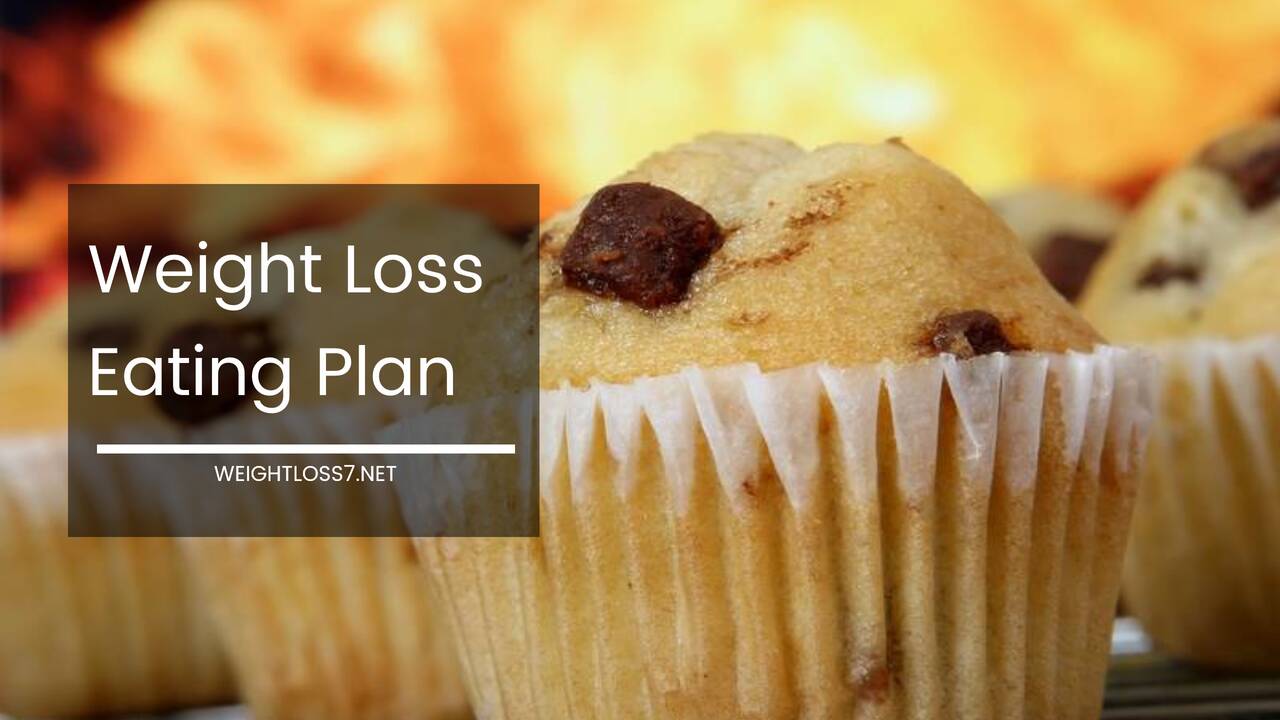How to Boost Metabolism: 15 Effective Ways to Increase Your Body’s Fat-Burning Engine

How to Boost Metabolism
When it comes to maintaining a healthy weight and overall well-being, metabolism plays a crucial role. Metabolism refers to the chemical processes that occur within your body to convert the food you eat into energy.
Some individuals are blessed with a naturally fast metabolism, while others struggle to shed pounds due to a slow one.
Fortunately, there are ways to give your metabolism a boost and enhance your body’s fat-burning engine. In this article, we will explore 15 effective methods to increase your metabolism and reach your health and fitness goals.
1. Understanding Metabolism and Its Impact on Weight Loss
Before we delve into the ways to boost metabolism, it’s essential to understand how it affects weight loss. Metabolism is influenced by various factors, including age, gender, genetics, and body composition. Higher metabolism burns more calories even at rest, making it easier to lose weight and maintain it.
2. Stay Active with Regular Exercise
Regular physical activity is a key factor in increasing metabolism. Engaging in both cardiovascular exercises, like running or cycling, and strength training can help build muscle mass, which requires more energy and boosts metabolism.
3. Embrace High-Intensity Interval Training (HIIT)
HIIT workouts involve short bursts of intense exercise followed by brief rest periods. Studies have shown that HIIT can elevate your metabolism for hours after the workout, making it an efficient fat-burning strategy.
4. Don’t Skip Breakfast
Breakfast is often referred to as the most important meal of the day, and for good reason. Eating a nutritious breakfast kickstarts your metabolism and provides the energy needed to power through the day.
5. Stay Hydrated
Drinking enough water is essential for a well-functioning metabolism. Studies have suggested that drinking water can temporarily boost the number of calories burned by the body.
6. Get Enough Sleep
Lack of sleep can disrupt your hormones and slow down your metabolism. Aim for 7-9 hours of quality sleep each night to support a healthy metabolism.
7. Include Protein in Your Diet
Protein-rich foods require more energy for digestion and absorption, leading to a higher metabolic rate. Incorporate sources like lean meats, eggs, legumes, and nuts into your diet.
8. Spice Up Your Meals
Certain spices, such as chili peppers, contain capsaicin, which can temporarily increase metabolism and promote fat oxidation.
9. Green Tea Benefits
Green tea is rich in catechins and caffeine, which have been linked to improved metabolism and increased fat burning.
10. Don’t Forget Fiber
Fiber-rich foods, like fruits, vegetables, and whole grains, help regulate blood sugar levels and keep you feeling full, preventing overeating.
11. Eat Small, Frequent Meals
Eating smaller, more frequent meals throughout the day can keep your metabolism active and prevent it from slowing down.
12. Manage Stress Levels
Chronic stress can lead to hormonal imbalances that negatively impact metabolism. Engage in stress-reducing activities like yoga, meditation, or spending time in nature.
13. Emphasize Iron and Magnesium Intake
Iron and magnesium are essential minerals for a well-functioning metabolism. Include foods like spinach, seeds, nuts, and seafood in your diet to ensure adequate intake.
14. Cold Exposure
Exposure to cold temperatures, such as taking cold showers or spending time outdoors in colder weather, can activate brown fat, which boosts metabolism to generate heat.
15. Stand Up and Move
Sitting for prolonged periods can slow down your metabolism. Incorporate movement throughout your day, such as standing while working or taking short breaks for stretching.
Conclusion
Boosting your metabolism doesn’t require extreme measures or drastic changes. By incorporating these 15 effective strategies into your lifestyle, you can naturally enhance your body’s fat-burning engine.
Remember to stay consistent, and don’t get discouraged if results don’t happen overnight. Patience and dedication are key to achieving long-term health and wellness.
FAQs
1. Can certain medical conditions affect metabolism?
Yes, certain medical conditions like hypothyroidism or Cushing’s syndrome can affect metabolism. It’s essential to consult a healthcare professional if you suspect an underlying medical issue.
2. Is it possible to target specific areas for fat burning?
Spot reduction is a myth. While exercises can tone specific muscles, overall fat loss depends on a combination of diet and exercise.
3. Should I avoid all carbohydrates to boost metabolism?
Carbohydrates are an essential energy source for the body. Instead of avoiding them, focus on consuming complex carbs and maintaining a balanced diet.
4. Can supplements boost metabolism?
Some supplements claim to boost metabolism, but their effectiveness varies, and they should be used with caution. Consult a healthcare professional before trying any supplements.
5. How long does it take to notice changes in metabolism?
Individual results may vary, but noticeable changes in metabolism may take several weeks of consistent effort and lifestyle changes.

















